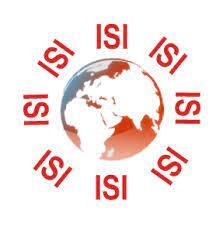DOCTRINES OF SUPRANATIONAL INSTITUTIONS IN EDUCATION AND THEIR EFFECTS ON THE EDUCATIONAL SYSTEMS OF RWANDA
DOI:
https://doi.org/10.62103/unilak.eajst.5.5.90Abstract
Ever since the independence, financial problems have forced developing countries
to request loans and grants from developed countries and international financial institutions to
help finance different developmental projects. These financial institutions include World
Bank and International Monetary fund’s IMF). However, from 1980s these institutions
imposed developing countries some conditions in different domains of life so as to provide
any support. Thereafter, several developed countries joined those financial institutions in this
move.
To provide support in the area of education, developing countries are imposed to reform their
educational systems and adopt new practices like: Privatization of education,
Decentralization of education, Reducing the cost per student, Repayment of the cost of the
education by the parents, Suppression of the financing of higher education.
To implement these conditions, developing countries are obliged to change their educational
policies and to introduce some practices which are not conducive to the population. It is
against this background that Rwanda brought some changes in its system of education like
double shift in primary schools, reduction of teachers’ salaries, reduction of dropouts, etc.








